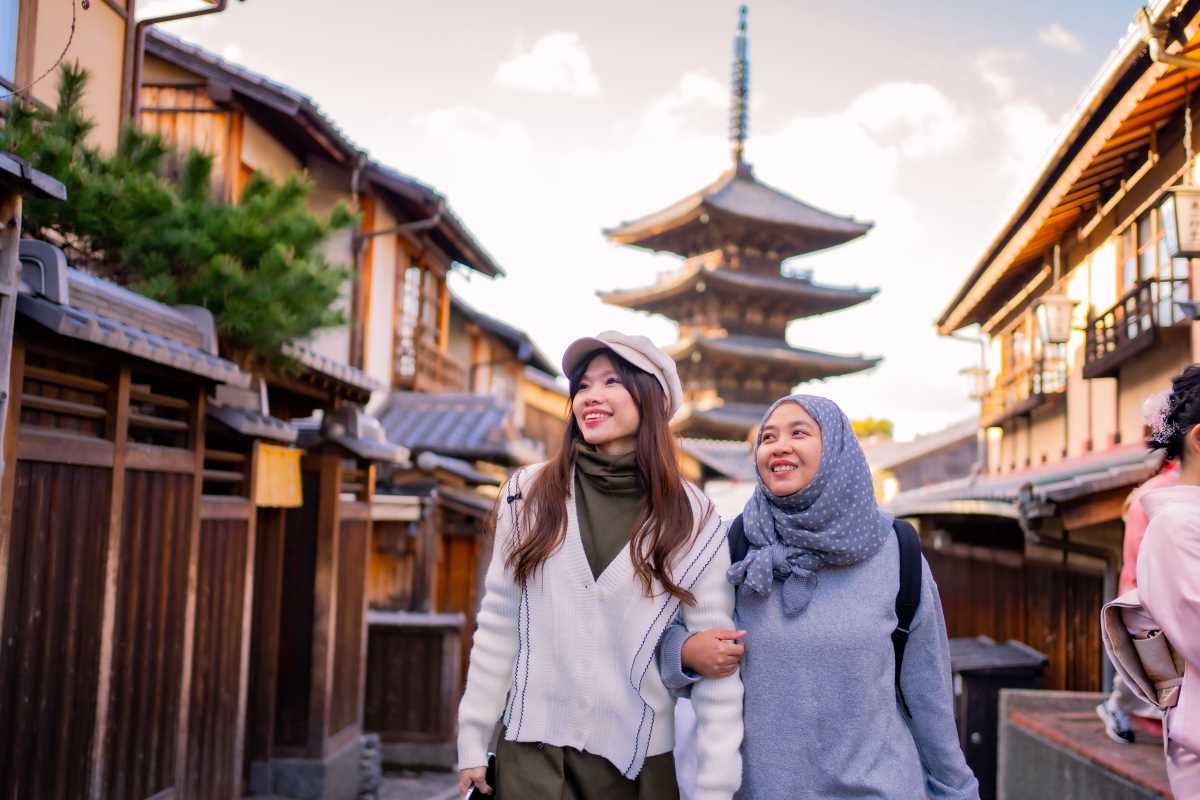When life's challenges feel overwhelming, the search for a stable anchor becomes essential. In moments of crisis, when the ground seems to disappear from beneath our feet, many are finding that anchor not in external circumstances, but within themselves through spiritual practices. This turn inward is a powerful source of resilience and hope in turbulent times.
The Growing Reliance on Spiritual Coping
As the world navigates increasing uncertainty, mental health challenges have risen. Data from 2024 showed that struggles with anxiety and depression reached concerning levels, particularly among women. One in three women aged 18-49 reported significant anxiety. Amidst this reality, a powerful counter-trend is emerging: people are actively turning to spirituality for solace and strength.
A September 2024 report from the American Psychiatric Association highlighted that most adults believe faith and spirituality are important for mental health. This isn't just a passive belief. Nearly 70% of individuals experiencing distress reported they would prefer to seek guidance from a spiritual leader, highlighting the trusted role these figures play in communities.
Further research from 2025 supports this, showing that 37% of Americans made mental health a New Year's resolution, with many focusing on spiritual well-being. Studies have shown that women who regularly engage in spiritual practices report lower levels of stress, and even a weekly faith-based activity can reduce the risk of depression by up to 30%.
The Science and Soul of Grounding
Experts are increasingly articulating why these practices are effective. The impact is not just emotional but has a tangible effect on our physiology and psychology. Mary Beth Werdel, a professor at Fordham University, emphasizes that spirituality can offer a sense of purpose and meaning during a crisis. She notes that prayer, in particular, can be a lifeline when other supports falter, offering hope that loss is not the final word.
The synergy between personal spiritual practices and community-based religious coping is key. Spiritual practices like meditation and mindfulness help regulate emotions, while religious coping taps into the power of community and shared rituals, fostering a sense of belonging. Harold G. Koenig of Duke University's Center for Spirituality, Theology and Health confirms this, stating that the support found in a faith community is a consistent buffer against the negative effects of stress.
Real-World Resilience
The power of spiritual grounding is vividly demonstrated in real-world events. During the devastating flash floods at a Texas summer camp in July 2025, campers facing rising waters found solace and unity by singing hymns together. This collective act of faith provided structure and comfort when everything else was uncertain, a testament to how shared beliefs can foster resilience.
In response to global displacement crises in 2024, faith-based organizations (FBOs) have been indispensable. They provide not only essential aid like food and shelter but also spiritual comfort and psychological support. By leveraging deep community ties, these organizations offer solace and advocacy to those who have lost everything. Even in the face of severe persecution, many communities worldwide have demonstrated remarkable resilience, with their faith acting as a powerful internal resource against oppression.
Practical Steps to Find Your Anchor
Integrating spiritual practices into your life can be a simple, intentional process. Here are a few ways to start building your own foundation of resilience:
- Mindfulness and Meditation: These practices help you become aware of your thoughts and feelings without judgment. Studies show that regular mindfulness can reduce the symptoms of anxiety and provide a clearer perspective when life feels overwhelming.
- Prayer or Reflection: Whether it's a formal prayer or a quiet, personal reflection, this practice is a powerful tool for seeking comfort and hope. It can create a sense of connection to something larger than yourself.
- Community Connection: Engaging with a faith or spiritual community offers invaluable social support and a sense of belonging. These groups often provide structured opportunities for collective action and mutual encouragement.
- Rituals and Routines: In uncertain times, establishing personal rituals can bring a much-needed sense of predictability and comfort. This could be as simple as lighting a candle, journaling, or taking a daily walk in nature.
- Grounding Techniques: When you feel overwhelmed, use a simple technique to pull yourself back to the present moment. Try the "5-4-3-2-1" exercise: identify 5 things you can see, 4 things you can touch, 3 things you can hear, 2 things you can smell, and 1 thing you can taste.







